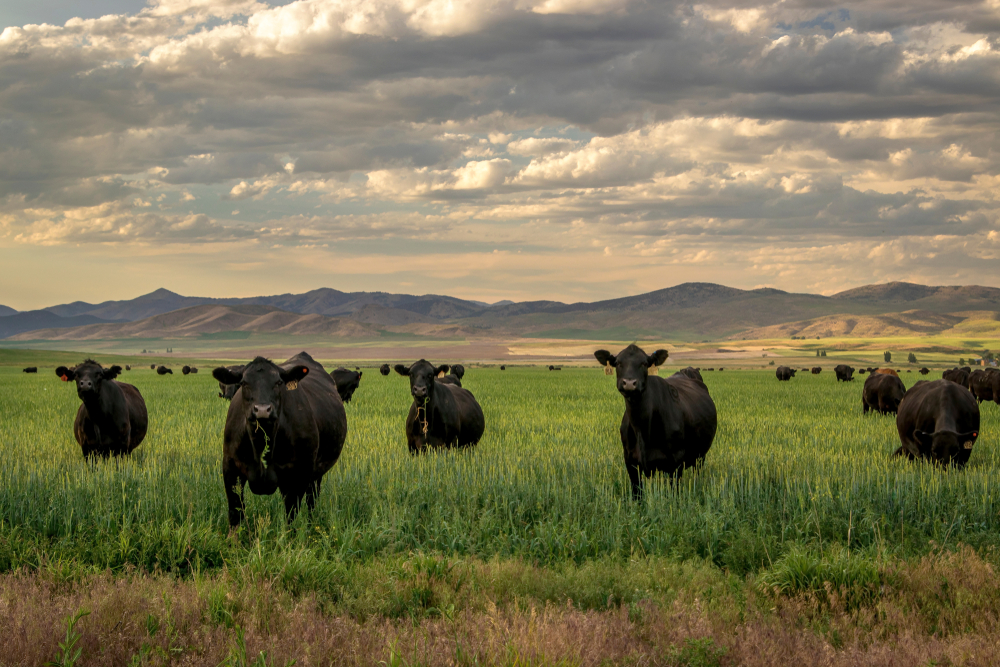Activities which increase climate change awareness and encourage less carbon emissions are desirable.
“Meat: A Threat to Our Planet”, a BBC production, achieved just that objective. It focussed heavily on the USA production and consumption of meat, and rainforest destruction, particularly in Brazil, to convert forest to meat farming for short term profit. Horrific statistics were cited such as: the USA consumes 10 billion kilos of beef a year (and we understand the average U.S. meat eater consumes 270 pounds of meat per year); the yearly burps of one cow equal burning 600 litres of petrol; one third of the worlds crop land is used for growing animal feed; the meat industry produces more carbon emissions per year than the combined transport systems of the entire world. It is assumed these are accurate.
In the U.S. the programme highlighted desperately crude and environmentally disastrous methods of production, for example in the contamination caused by manure. The presenter could barely believe her senses, reduced to tears by the levels of rainforest and biodiversity destruction to put meat in supermarkets and in diners of the world. However, there was some, but too little, focus on how meat may perhaps in the future be produced more sustainably and without traumatic climate effects, through technology or good husbandry. Artificially produced “meat” awaits us. Maybe cow burp methane can be eliminated. Good practices can store carbon. Deforestation may be disincentivised by other economic solutions.
Following the programme, a newspaper published an article by Minette Batters, President of the UK National Farmers Union, headlined “The BBC has got British farming wrong”. She said” imagine my reaction…to see…UK practices not only being overlooked but by implication tarred with the same brush as the most extreme and intensive production systems in the world”. Such farming would be illegal in Britain. British farmers do not clear rainforests and our farmer, she says, produce some of the most sustainable food in the world. It is assumed this is accurate.
The British people need informing about the good practices to produce food generally in the UK when compared to some other countries. The UK farming community aims to reduce carbon emissions to zero by 2040, and methods exist to achieve that. The British story barely appeared on the BBC programme, a lost opportunity to act in the country’s interests. Minette Batters makes the point that all food imports should be required to meet the standards applied to British farmers, which is not the case today.
The clear necessity to reduce carbon emissions and make meat production climate and environmentally friendly represents an opportunity for UK farming, already world-leading, to succeed and outperform the competition.
But as ever the British people need to help and, to do that, need to be informed of the disgraceful standards elsewhere and adapt their buying and eating habits to encourage those UK farmers who are working to ensure access to good local fare, decently produced.
Meat-eating is not going to stop, but there is a good argument to reduce consumption, particularly of meat generated by damaging systems. At the same time the UK must lead in solutions to cease forest destruction, promote regeneration, and deter reckless meat production systems round the world.

